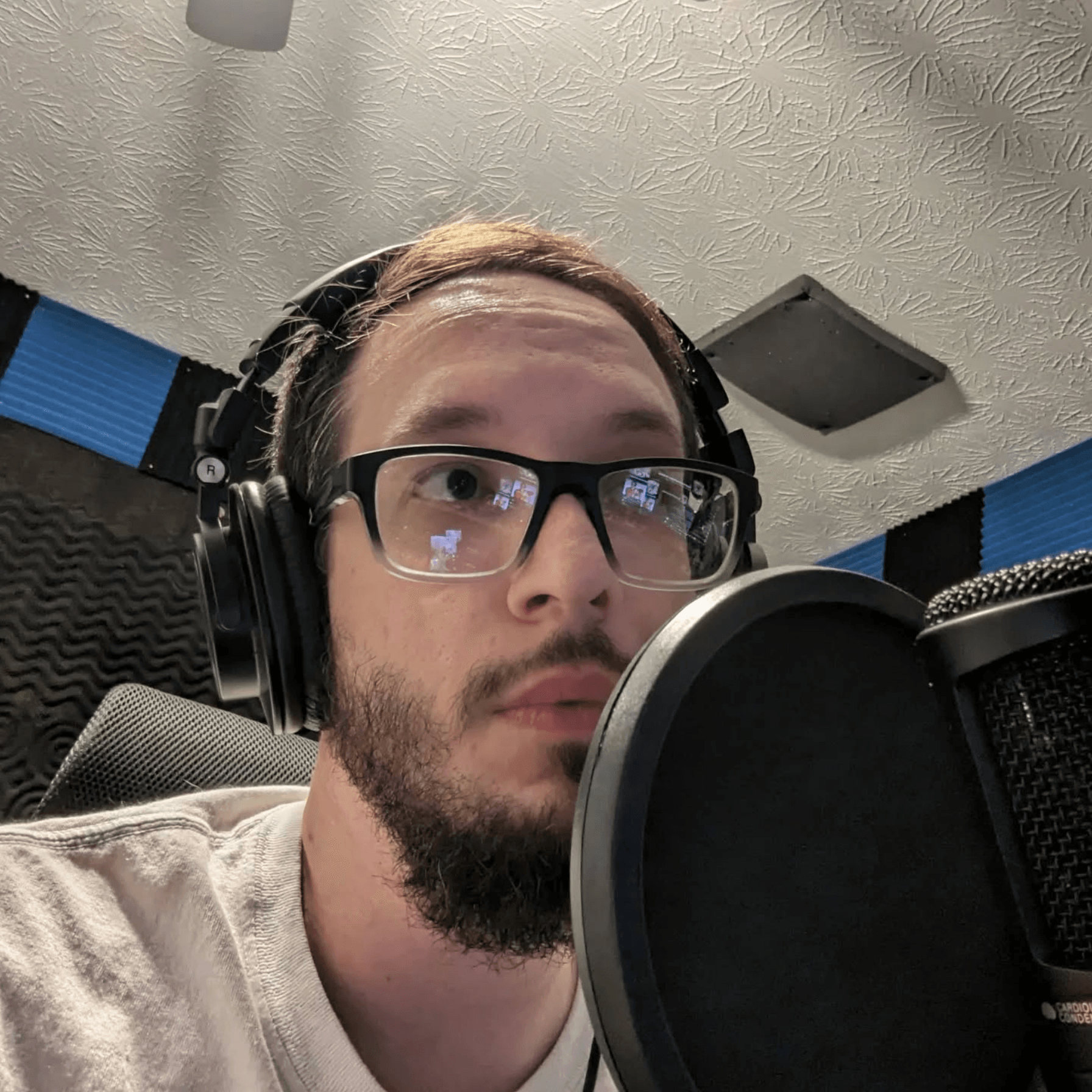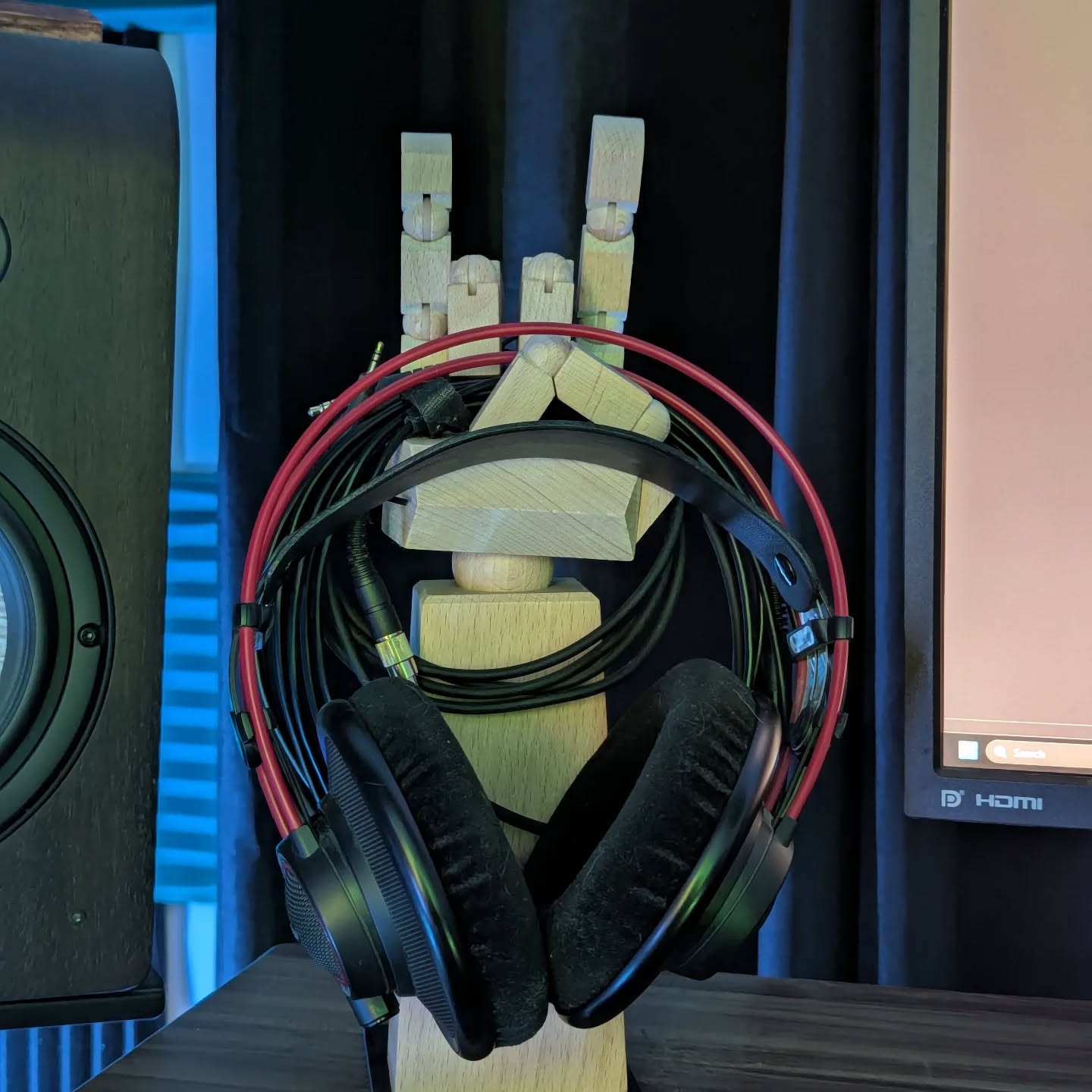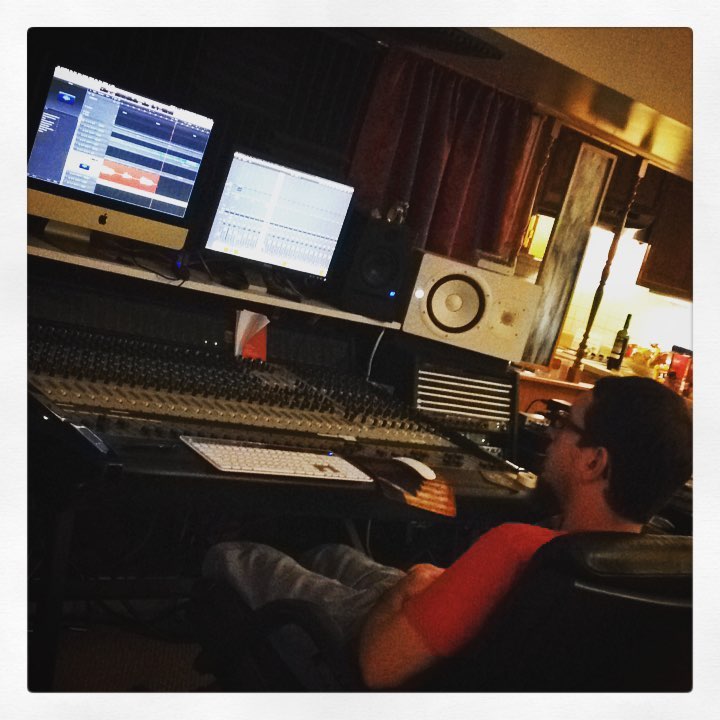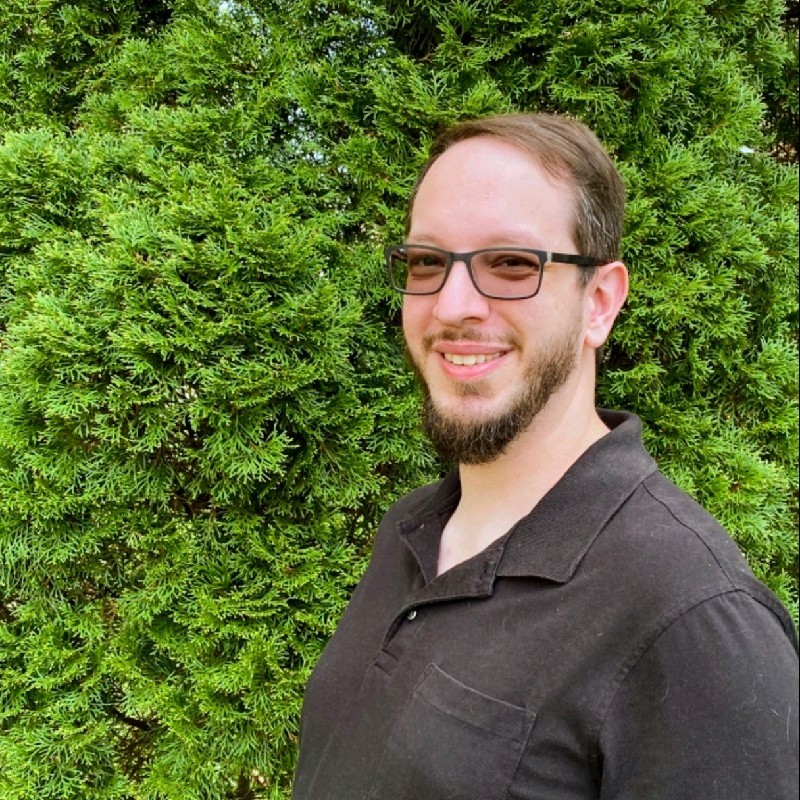Alright – so today we’ve got the honor of introducing you to Michael Newton. We think you’ll enjoy our conversation, we’ve shared it below.
Michael, thanks for taking the time to share your stories with us today Learning the craft is often a unique journey from every creative – we’d love to hear about your journey and if knowing what you know now, you would have done anything differently to speed up the learning process.
I actually learned to be an audio engineer by complete chance. I often wonder how many of us could be great at something, but are never presented with the chance to do it. I was pursuing becoming an educator as a career path in college, but I did not fit into that particular groove. My roommate was studying in the telecommunications department, and told me about a class with microphones and speakers and music, and it sounded like the place I wanted to be. That was my groove. I started over, square in the middle of my undergraduate studies, and took classes with freshmen when I was a junior. I didn’t care. I fought hard and took summer classes to catch up and still graduated nearly on target. I was strongly driven to learn everything I could from every professor, and I stayed up very late some nights in the sound labs working to understand how to mix and master audio. I initially learned how to run Pro Tools, but the basis of that knowledge has led me to work with other software over the years. I learned how to hook up microphones and capture sound. I even spent a year or two running live sound for a local band, desperate to learn anything I could to broaden my horizons in audio. The rest was trial and error. I’ve been moonlighting as an audio engineer, voice actor, and podcaster, for 11 years now. I would say the only thing standing in the way of learning more is the necessity of a 40-hour paycheck and health insurance. The skill I find most essential throughout all this time is the ability to stay hungry, to stay curious and act on it, and to burn the candle at both ends where necessary to make the art happen.
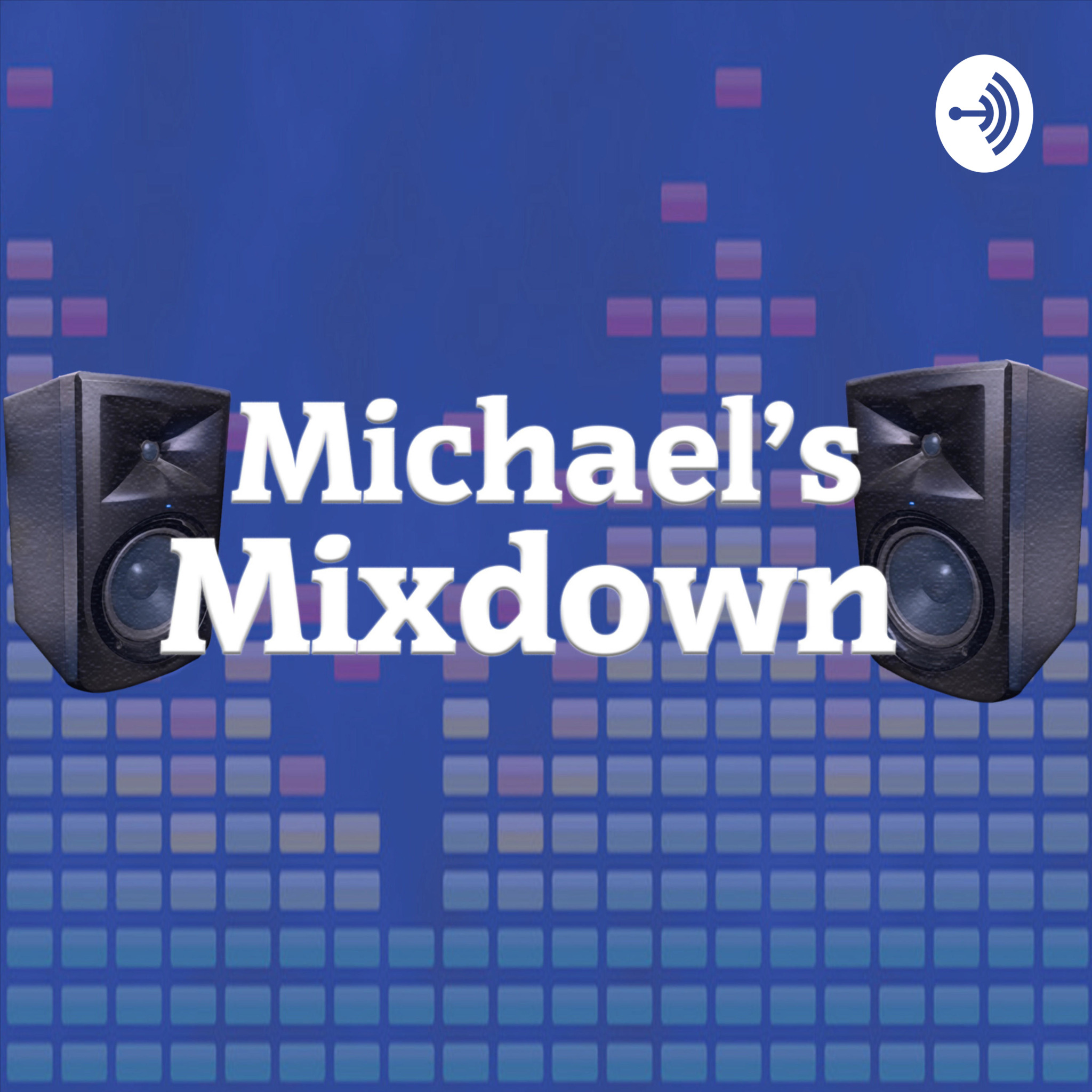
As always, we appreciate you sharing your insights and we’ve got a few more questions for you, but before we get to all of that can you take a minute to introduce yourself and give our readers some of your back background and context?
Hi, I’m Michael. I grew up in central Indiana, which isn’t exactly known as a thriving center for audio creatives, but I do my best to carve out some space here. My first client was actually in live sound. I was still very green, but Steve was just happy to have somebody operate the mixing console that knew what an EQ was. This experience led me to my next venture, working with a locally operated studio, and running live sound for the owner and operator, Gabriel Harley. I’ve been Gabe’s assistant engineer and live sound engineer ever since. It was a balancing act between working full time in a factory and working weekends with Gabe. Until 2019, when my world was rocked by the sudden passing of my father. I was 27 at the time, and had barely any money to my name, but one of my dad’s wishes for me was to take some of the money he left me and start a studio of my own. In the aftermath of all that, I was able to purchase some equipment and some software that I previously could not afford. But without a space of my own to operate in, what was I to do with all this stuff? I decided the only thing to do was record myself. I wanted to talk about music and production and the history of the recording arts. I had the technical knowledge of how to do all these things, but I needed a message. So I started the podcast, “Michael’s Mixdown” in the pursuit of giving myself some work. It didn’t take long before I caught the attention of fellow podcaster Mitch Hampton, who captains the podcast “Journey of an Aesthete.” I mixed and edited several seasons of Mitch’s show, as well as a few other episodes for other clients. I could do the work from home in my studio, and I was helping people to tell their stories. Then the pandemic struck, which actually gave me more time to pursue this work and continue to produce Michael’s Mixdown. In April of that year, my first client Steve, who had become a very dear friend over the years, passed away. I decided to tell his story in an episode of my show, and that’s when I first felt like I had a message to send. My show took on the form of an interview and story-telling podcast where, in addition to the technical aspects of the recordings, I began to tell the stories of the people behind the audio. I’ve met many amazing artists in the journey so far, many of whom I felt far too humble to share the proverbial stage with. In addition to working with podcasters, I also have worked with my voice actors who are seeking advice on home recording setups or audio editing. I’ve been very active in online spaces, connecting with hundreds of aspiring and full-time actors across the world, which landed me in a partnership with So Gross Productions, which is an audio production company that specializes in audio drama. This company put together actors, artists, writers, and audio engineers from all over the world, and led me to the creation of my audio drama “The Custodians.” So I would say my main goal with any client or project, or interview is simple: tell the story. Whether I’m mixing a song, editing a podcast, or orchestrating an audio drama, the core of it all is, “What is the story here, and how do I best serve it?”
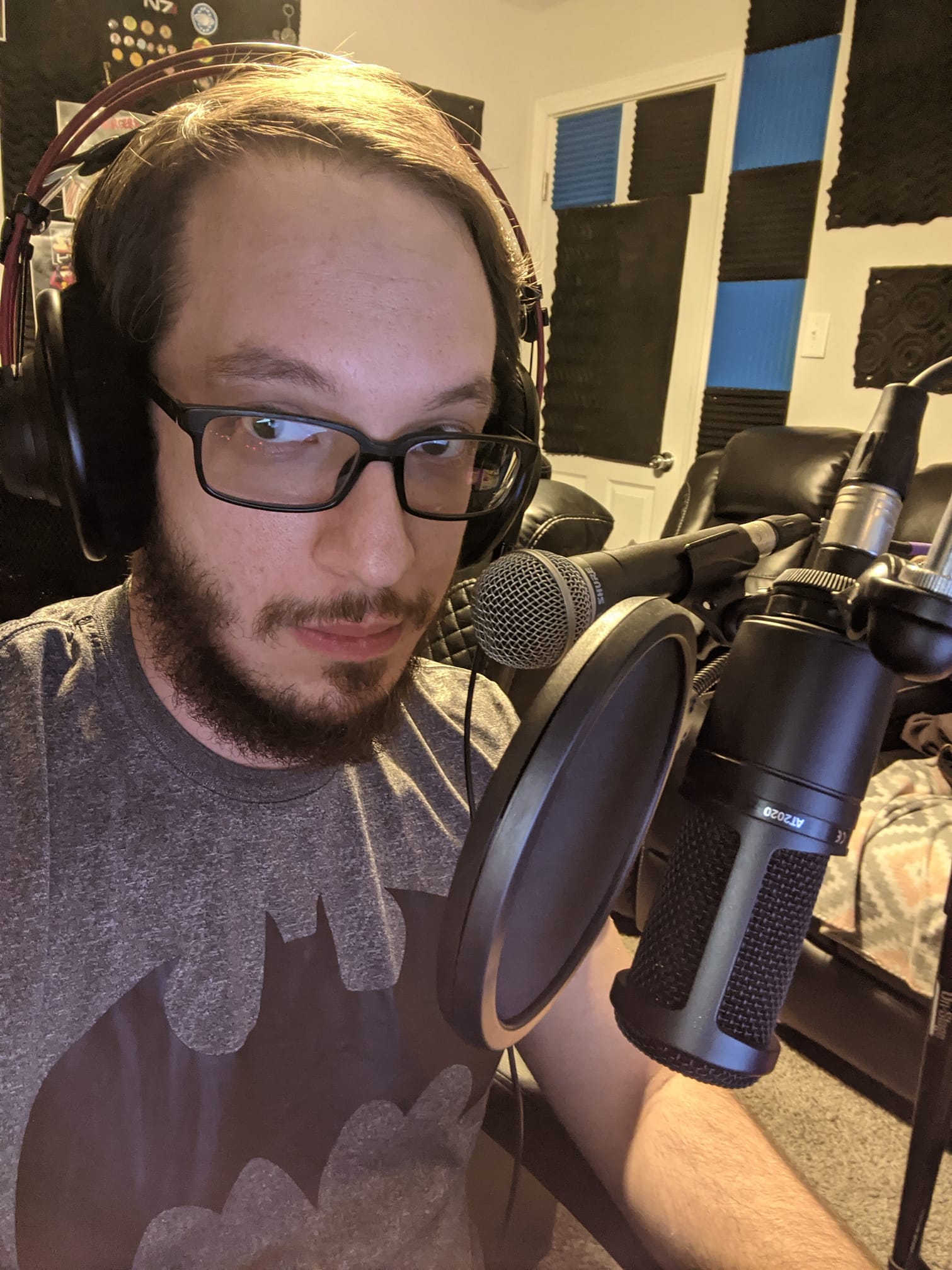
We’d love to hear a story of resilience from your journey.
Sure. I’m going to remain somewhat intentionally vague here, to conceal the names of companies that I did or almost did work for.
In the area I live in, there are a few prominent media companies that infrequently post full time positions related to the audio field. One company in particular posts jobs looking for audio editors specializing in dialogue editing about once a year. The first time I saw this opportunity, I jumped on it. The chance to leave the full-time job behind and pursue the kind of work I often do for free, but as a full time job? That sounded like heaven (and still does). I applied, and after weeks of checking my inbox and spam folder every few hours, I decided to reach out to this company on social media and ask if there was any progress for this position. I was able to contact someone on their social media team, and I thought I had impressed somebody with my initiative, because I was given a phone interview quickly after. I was told I was exactly the type of person they were looking for, and that I was moving forward with the interview process. I was told I was one of the last two candidates up for consideration. One morning I awoke to an email. A representative from the company wanted to schedule a call that day. I thought that could only mean one thing. I took an unscheduled break at my full-time job and ran to my car to take the call, to be told that I was not being extended an offer. That I was great, but the other person was better. To say I was shattered would be an understatement. Months went by. I continued to work full time, and moonlight as an audio editor. I saw this company post a similar position late in the year, and I gathered myself, polished my resume, and applied again. I was again met with a stellar reception. I was told there were actually two positions open this time, and that I had a very good shot at getting one of them. The holidays interrupted the interview process, but when it was time to pick up where we left off, there was radio silence. Weeks went by. I was finally contacted, only to be told there had been some budgeting conflict, and that the position was being put on hold briefly. Well, that was almost two years ago now. I dusted myself off. If that company were to open a position again, I would apply. You can’t let yourself wallow in self-pity when someone can’t see your value. You find other opportunities. You give yourself work. You keep getting up. You do the work. It’s hard, but you have to. You have to have the mindset that you will not be held down.
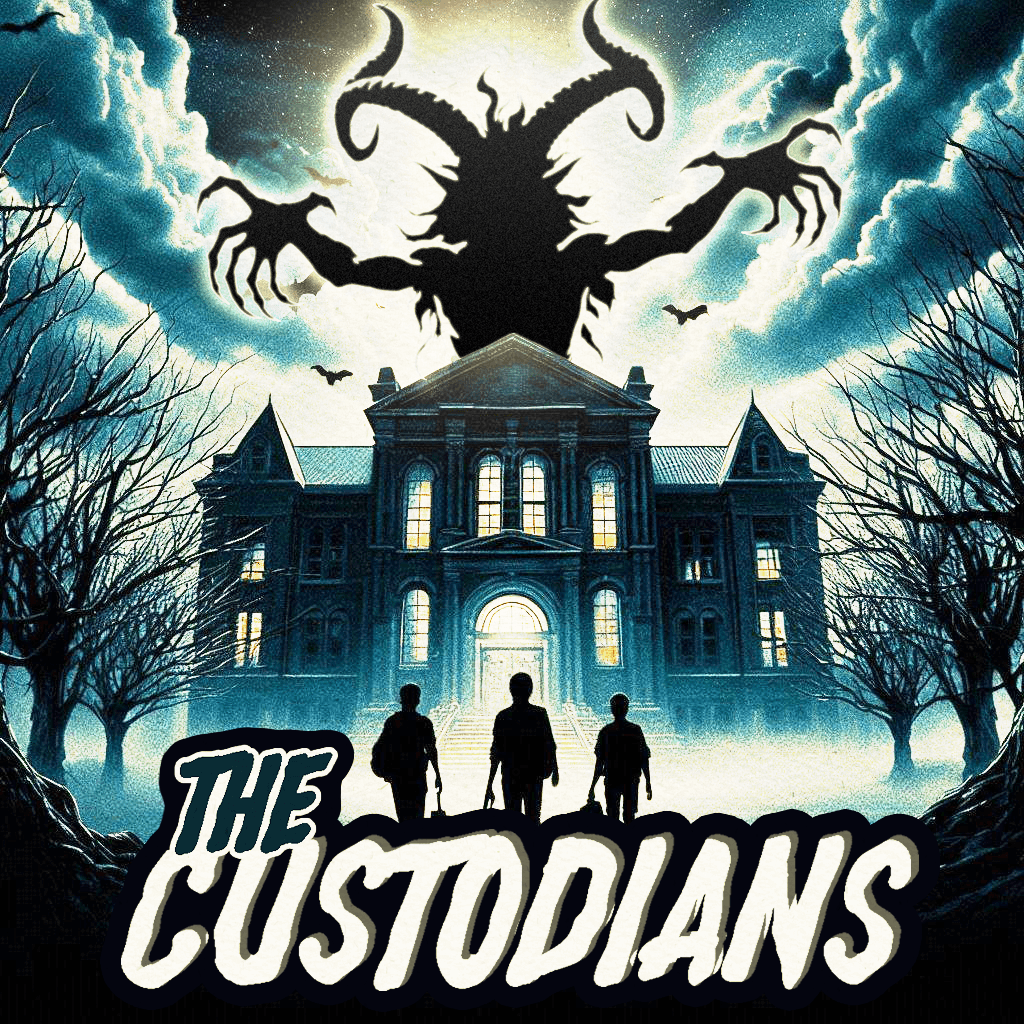
In your view, what can society to do to best support artists, creatives and a thriving creative ecosystem?
One thing here I find fascinating is the interaction between artists and the public on social media platforms. Most small-time artists and businesses rely on the algorithms to push them to people. They start with asking their friends and family to like or follow their page. Of course, these social media companies make money off these small businesses by asking them to “boost” their advertisements and posts. What I find is that, even though it only takes a moment to like a post or leave a short comment, most people choose not to. If all of my friends “liked” or shared my posts, there would be enough to kickstart the algorithm to engage those posts with the greater public or other followers. All it takes is a second to hit like, but most people just don’t. In this algorithm social media driven world, I think people could help artists and small businesses by liking and sharing posts, or leaving short comments, any kind of engagement to help them grow.
Contact Info:
- Instagram: https://www.instagram.com/michaelsmixdown/
- Facebook: https://www.facebook.com/michaelsmixdown
- Linkedin: https://www.linkedin.com/in/michael-newton-170a279b
- Soundcloud: https://soundcloud.com/themixdown-350315175
- Other: https://creators.spotify.com/pod/profile/michaelsmixdown/
